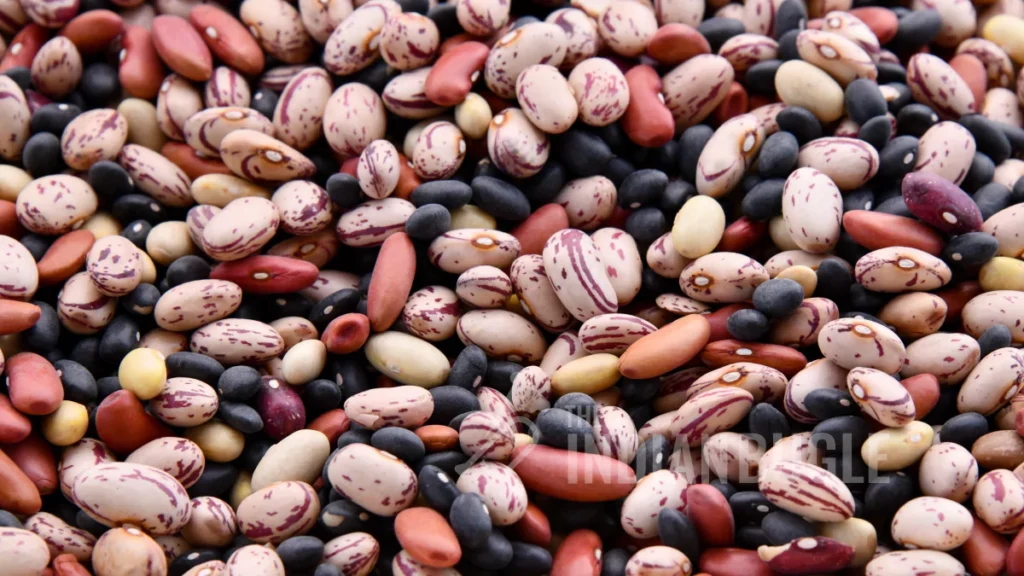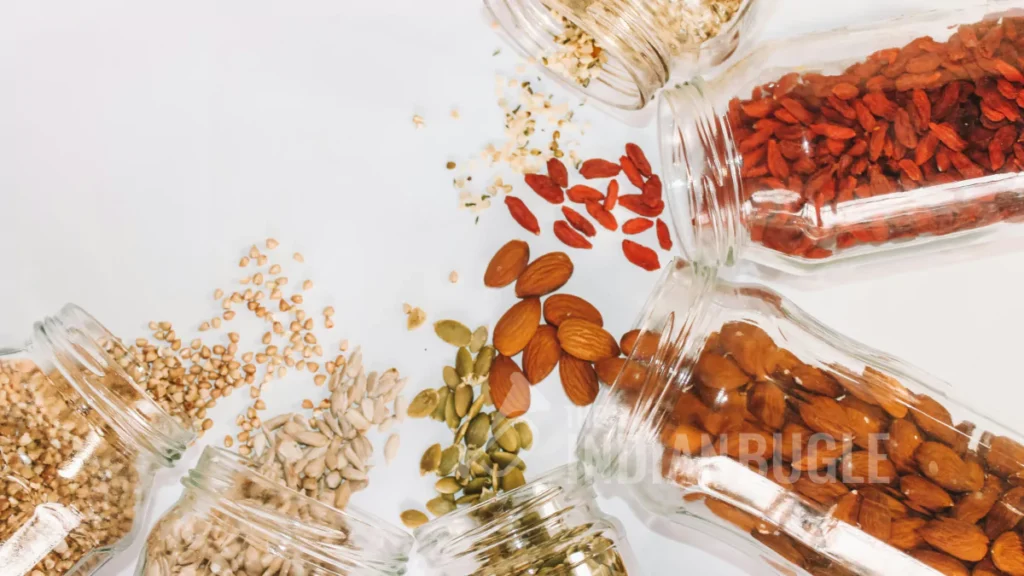Understanding the Connection Between Diet and Heart Health
The relationship between diet and heart health has been extensively studied, revealing that certain foods possess remarkable properties beneficial for cardiovascular well-being. Incorporating these foods into a daily regimen can substantially reduce the risk of heart-related issues, including heart disease and hypertension.
1. Omega-3 Fatty Acids: Nature’s Shield for the Heart

Omega-3 fatty acids stand out as potent allies in combating heart-related risks. Found abundantly in fatty fish such as salmon, mackerel, and sardines, these essential fats exhibit anti-inflammatory properties, which contribute to lowering levels of harmful cholesterol and triglycerides. Moreover, they play a pivotal role in maintaining optimal blood pressure, thereby reducing strain on the heart.
2. The Power of Fiber-Rich Foods in Cardiovascular Health

Incorporating fiber-rich foods such as whole grains, legumes, fruits, and vegetables can significantly benefit heart health. Soluble fiber, in particular, acts as a sponge, absorbing cholesterol from the bloodstream and aiding its elimination from the body. Additionally, fiber promotes satiety, assisting in weight management—a crucial factor in reducing heart-related risks.
3. Antioxidants: Safeguarding Cardiovascular Integrity
Antioxidants, abundant in berries, nuts, and dark leafy greens, serve as formidable protectors of cardiovascular integrity. These compounds neutralise harmful free radicals, preventing oxidative stress-induced damage to arterial walls. By preserving vascular health, antioxidants mitigate the risk of atherosclerosis and subsequent cardiovascular complications.
4. Embracing a Plant-Based Diet for Heart Health
Adopting a plant-based diet replete with fruits, vegetables, nuts, seeds, and legumes offers a myriad of benefits for heart health. Such a dietary approach provides an abundance of essential nutrients, including potassium, magnesium, and antioxidants, while minimising intake of saturated fats and cholesterol. Consequently, a plant-based diet fosters optimal lipid profiles and promotes cardiovascular resilience.
5. Limiting Sodium Intake: A Pragmatic Approach
Excessive sodium intake exacerbates hypertension, a primary risk factor for heart disease. Therefore, moderating salt consumption by opting for fresh, unprocessed foods and seasoning meals with herbs and spices enhances cardiovascular health. By maintaining sodium equilibrium, individuals can regulate blood pressure and mitigate associated cardiovascular risks effectively.
6. The Role of Nuts and Seeds in Cardiovascular Wellness

Nuts and seeds, including almonds, walnuts, flaxseeds, and chia seeds, constitute indispensable components of a heart-healthy diet. Rich in unsaturated fats, protein, fiber, and antioxidants, these nutritional powerhouses confer myriad cardiovascular benefits. Consuming a handful of nuts or incorporating seeds into meals daily can improve lipid profiles, enhance vascular function, and reduce inflammation, thereby fortifying cardiovascular defenses.
Conclusion: Empowering Heart Health Through Dietary Choices
In summary, prioritising specific foods renowned for their cardio-protective properties can substantially diminish heart-related risks. By embracing a diet abundant in omega-3 fatty acids, fiber-rich foods, antioxidants, plant-based alternatives, and limiting sodium intake while incorporating nuts and seeds, individuals can cultivate cardiovascular wellness. Consequently, adopting a nutrient-dense, heart-healthy diet remains paramount in safeguarding against heart disease and promoting longevity.
